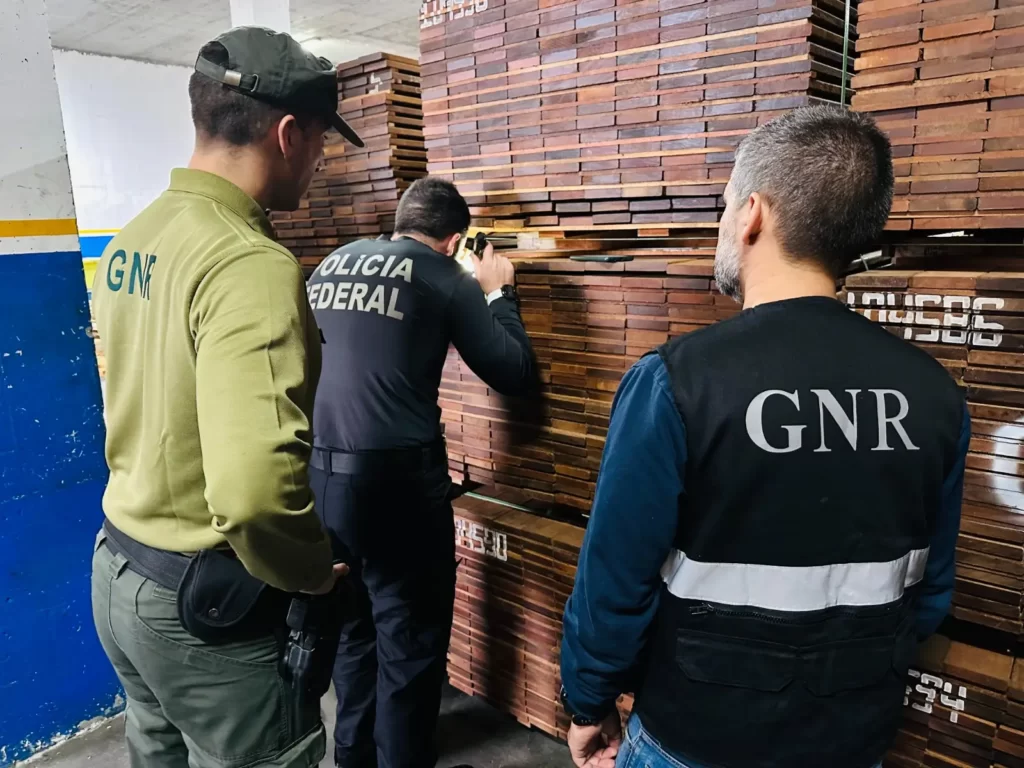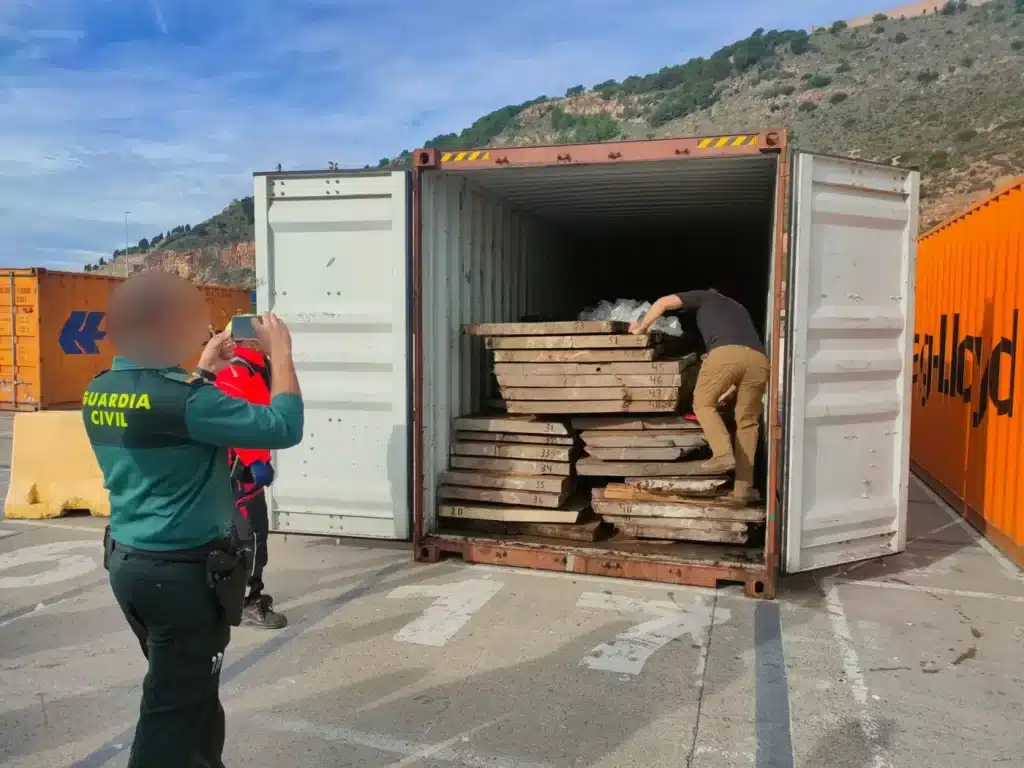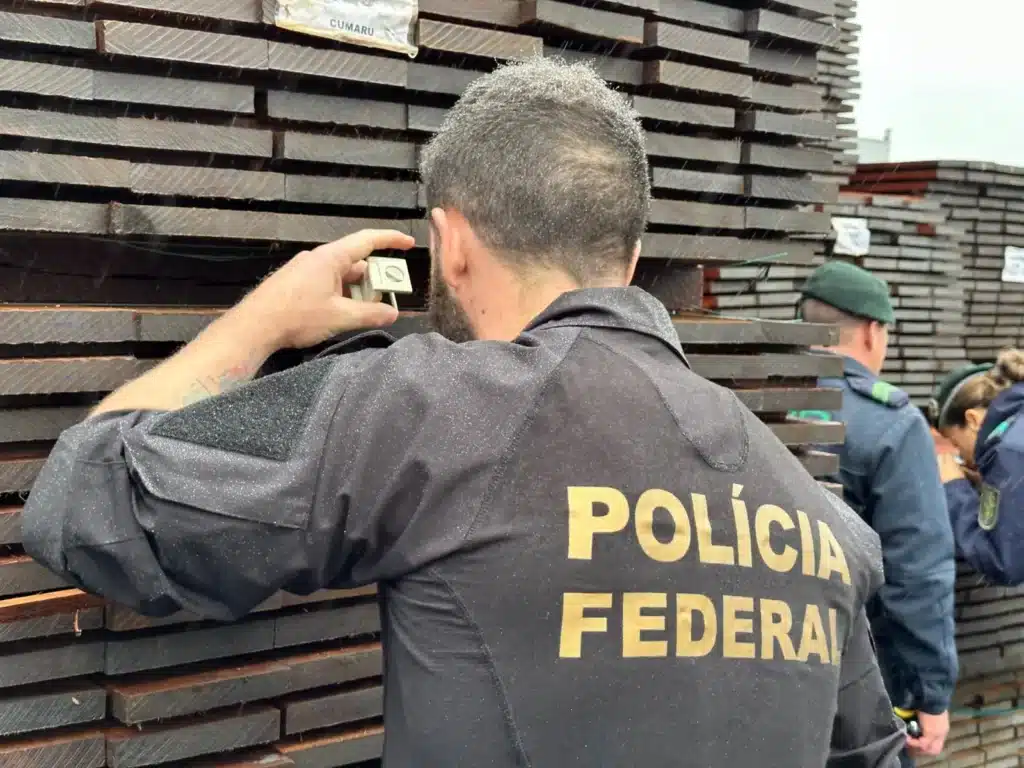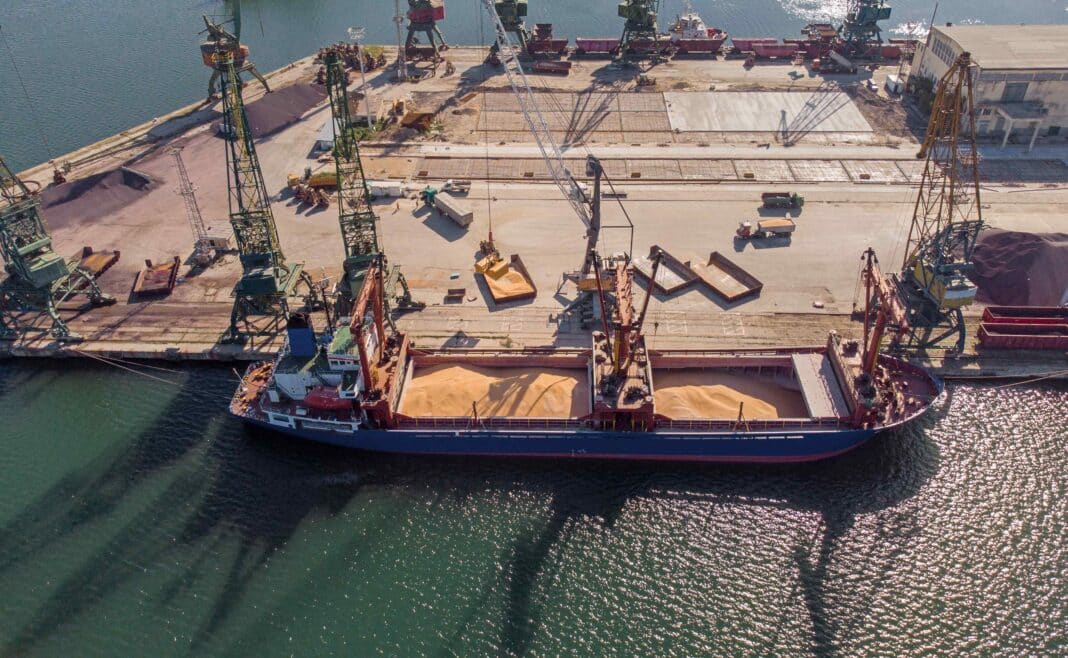European authorities are cracking down on illegal timber after a Europol sting led to multiple arrests after containers of teak, rosewood and ipé from Myanmar and Brazil were intercepted in Brazil and at checkpoints across the Netherlands, Spain, Portugal and Italy.
The sting was led by Europol, the EU law enforcement agency, working with Brazilian authorities and the Latin American Project EL PAcCTO to target environmental crime, illegal logging, smuggling, tax evasion, money laundering and document fraud.
The illegal timber trade is one of the most financially rewarding transnational criminal activities, with Europol estimating that illegal logging alone is worth US $7 billion annually.
Much of this timber arrives in the EU, the world’s largest timber consumption market via Asia Pacific, Latin America, the African Basin and Russia via “China’s Manufacturing Black Box.”
In last year alone, more than 120 million tons of timber in Europe had no official certificate of origin, with much of the wood arriving in Europe from Russia via China and a block of nine countries, including Kazakhstan, Belarus, Uzbekistan, Iran, Kyrgyzstan, the United Arab Emirates, Azerbaijan, and Tajikistan.
Last month, Wood Central reported the UN Office on Drugs and Crime noted “an alarming increase” in timber trafficking connected to drugs and corruption, with the EU introducing new regulation, which, for the first time, will allow prosecutions for timber trafficking in criminal court.
Organised criminal groups camouflage the origin of the timber through document forgery and bribery to pass customs checks and reach their destination – consumer countries.
Europol, which coordinated the crackdown, deployed experts and analysts into the hotspots across the EU, delivering expertise and operational analysis support to the involved countries and law enforcement authorities.
It also provided active support through a Virtual Command Post.



Earlier this year, the EU passed the EU Deforestation Regulation, which bans the sale of coffee, cocoa, cattle, palm oil, soy, and wood connected to deforestation starting from December next year.
“The potential is there to help drive demand for responsibly sourced wood products through the European consumer markets,” Global Wood Markets said.
While educational institutions like PEFC and FSC help address concerns and drive positive consumption behaviour, ignorance around how the certification works can lead to false and fraudulent product claims.
Last month, the Wood Central Publisher spoke to an insider connected to FSC and PEFC, who said: “The key is to look at the formal claim on the product itself and to check that the product information matches up with the FSC and PEFC databases for certified products.”
“If you follow proper due diligence, both schemes effectively address the flood of trafficked timber entering global supply chains.”






